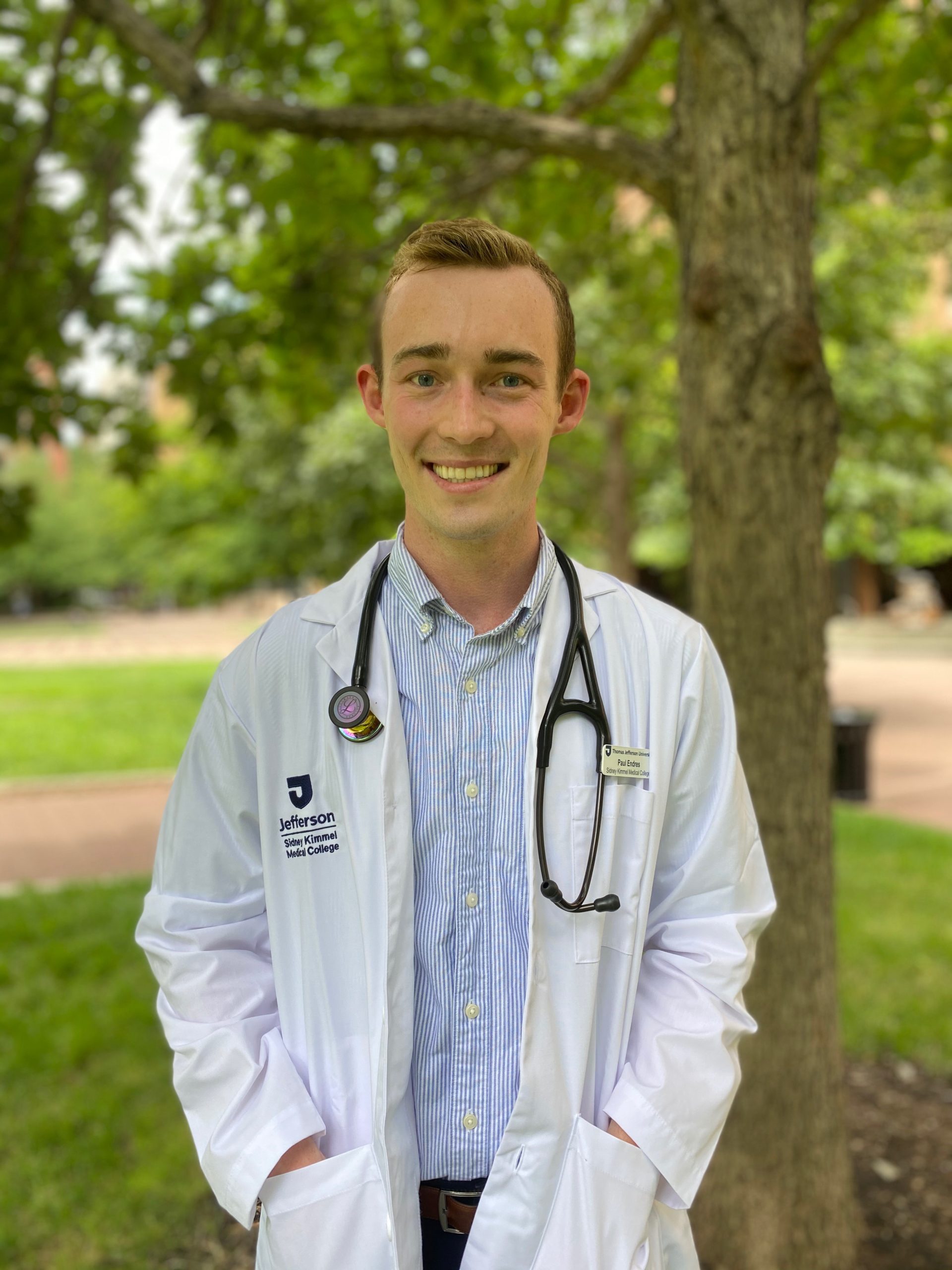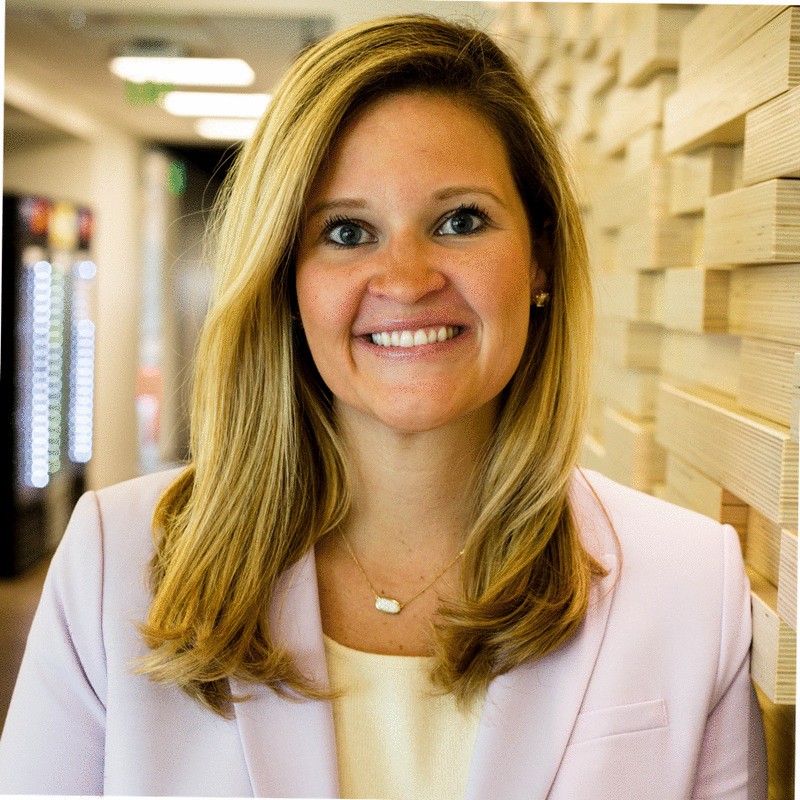Name: Virginia Roach
Class Year: 1981
Title: Stormwater/Green Infrastructure Lead Practitioner
Organization: CDM Smith
1. In one sentence, what does your job entail?
I am a civil/environmental engineer managing and designing stormwater/combined sewer overflow/green infrastructure systems with CDM Smith Inc. in Boston.
2. What planned and unplanned events connected you to your industry and your first employer after Holy Cross? How did you learn/decided it was a good fit for you?
Joined Jesuit Volunteer Corps, teaching 7thand 8th grade in Zuni, New Mexico after graduating from Holy Cross in 1981. Was then enrolled in law school, but read more about civil/environmental engineering in WPI course catalogue and was drawn to it. Switched to WPI civil/environmental engineering program, and professor recommended me to CDM Smith recruiter visiting campus. Have been working there since graduating from WPI in 1985.
3. What were you involved in when you were on campus?
Long-distance running, theater, Holy Cross Choir
4. What was your major and how did it affect your career decisions?
Major at Holy Cross was mathematics, and studied junior year abroad in Madrid, Spain. The combination of mathematics, Spanish language skills and liberal arts provided a great, broad foundation for civil engineering career. Was able to complete second Bachelor’s Degree in civil/environmental engineering in a little over two years. Completed Master’s Degree in civil engineering while working at CDM Smith.
5. What are one or two skills that you developed at Holy Cross that you use in your work?
One of the most important skills developed at Holy Cross that has helped me in my career is writing. Another is the ability to prove ideas through logic, developed from proving mathematical theorems.
6. What advice do you have for students on campus today?
If you are planning to continue your education after Holy Cross in a specialized area, read the course descriptions for the courses you will be taking. This will give you a better idea of what you are getting into, and you will know better how interested you are in that career.








